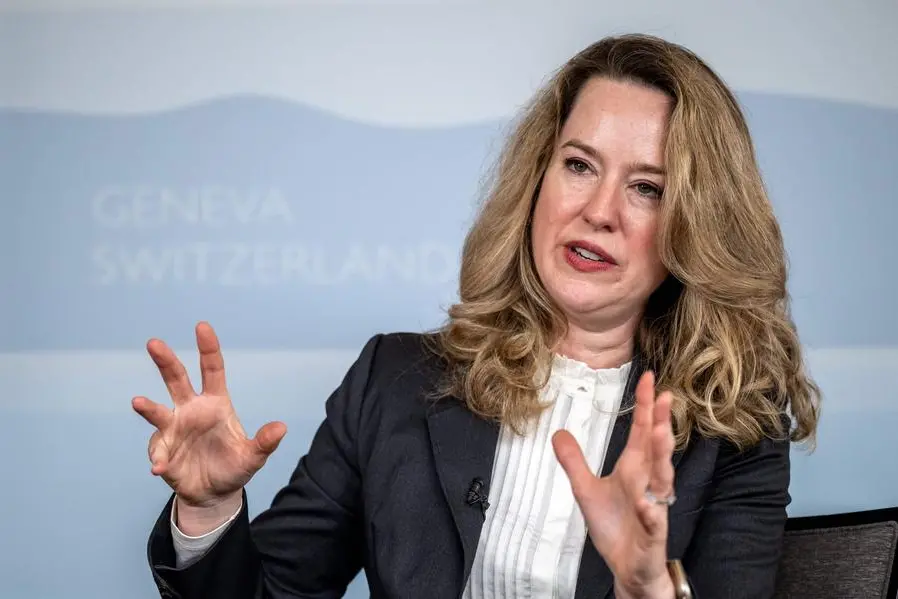PHOTO
Ramping up enforcement alone will not fix the problem of thwarting illegal cross-Channel migration, a candidate to head the UN migration agency said Monday.
British Prime Minister Rishi Sunak and French President Emmanuel Macron last Friday agreed a new pact worth over 500 million euros to thwart illegal migration across the Channel.
"In my experience, an enforcement-only approach won't fix the challenges that they're facing," Amy Pope, who is running to head the UN's International Organization for Migration (IOM), told AFP.
Pope, a 48-year-old US lawyer currently serving as the agency's deputy director, was speaking in her capacity as a candidate to become the IOM's director general.
The deal will see Britain step up funding to France to allow hundreds more French police to patrol the Channel and also establish a new detention centre as a further deterrent.
Activists have expressed unease over the plan, with the France director of Human Rights Watch Benedicte Jeannerod saying the two sides were persisting with a tactic that "pushes exiles to risk dangerous crossings and subjects them to undignified treatment".
Asked what she thought of the agreement, Pope said that in her long experience working on border issues, she had seen that "an enforcement-only approach doesn't actually work."
"It may dissuade some people, and it may cut down on the numbers of people, but ultimately, desperate people looking for opportunities will find ways."
Sunak -- who is under fierce pressure at home to reduce the number of migrants arriving in Britain -- last week also unveiled legislation that would bar anyone arriving in the country illegally from seeking asylum.
Critics say the proposed legislation would make Britain an international outlaw on refugee rights.
In all cases where there are a large number of migrants on the move, Pope said it was vital to address "what is driving people from home in the first place."
"It is critical that... all governments recognise the comprehensive approach that's needed," she said, saying more should be done to help people before they leave, and also to create better regular channels for migration.
"If you're just looking at the Channel or you're just looking at the Mediterranean, or you're just looking at Libya, you have missed about 10 interventions that could have happened along the way," she said.
One good thing about the UK-France agreement, Pope said, was the "recognition that one country acting on its own can't solve the challenge."
More than 3,000 migrants have arrived in Britain in small boats across the Channel so far this year, and the backlog of asylum claims now exceeds 160,000.





















